Iowa has no state agency that establishes optician training, certification, and licensing requirements. Optical employers in Iowa are generally allowed to established their own expectations for the opticians they choose to hire. Many of these employers arrange for new opticians to be trained by more experienced opticians that work in the same office. The exact skills that these employers consider essential to job performance can vary greatly among businesses.
Large optical employers, such as national retail chains, commonly place a lot of emphasis on operational efficiency and they may only train opticians to perform retail sales and minor frame adjustments. Smaller employers may encourage opticians to develop a comprehensive understanding of the optical industry and may even pay for them to take the American Board of Opticianry (ABO) and National Contact Lens Examiners (NCLE) Exams. These employers commonly allow opticians to perform a wide variety of tasks and they may offer to send opticians to industry events and pay for continuing education.
All opticians, regardless of where they work, are encouraged to take the ABO and NCLE Exams. Voluntary completion of these exams can afford the optician some unique and appealing benefits. One result of being a credentialed optician is the ability to demand a higher salary. In general, certified opticians are able to establish more trust with customers because they can demonstrate that they have met national standards of competence. Optical employers understand how this can impact the bottom line and they are often willing to pay more to add credentialed opticians to their staff. These employers also know that certified opticians have a more comprehensive understanding of the industry and require less training and support.
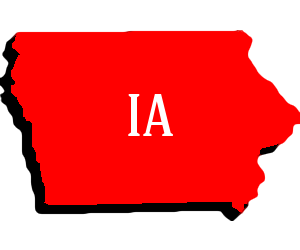 Another benefit of being a certified optician, is the ability to transfer credentials between regulated and unregulated states. This is important for opticians who decide to move at some point in their career. Certified opticians are typically allowed to be licensed through reciprocity in regulated states. Opticians who have no credentials may need to return to school, complete an apprenticeship, or pass the ABO and NCLE exams before being licensed.
Another benefit of being a certified optician, is the ability to transfer credentials between regulated and unregulated states. This is important for opticians who decide to move at some point in their career. Certified opticians are typically allowed to be licensed through reciprocity in regulated states. Opticians who have no credentials may need to return to school, complete an apprenticeship, or pass the ABO and NCLE exams before being licensed.
State Contact Information:
State Association: Opticians Association of Iowa

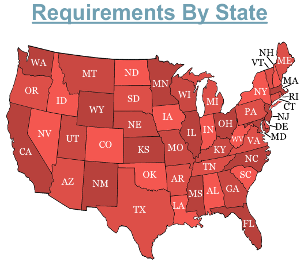

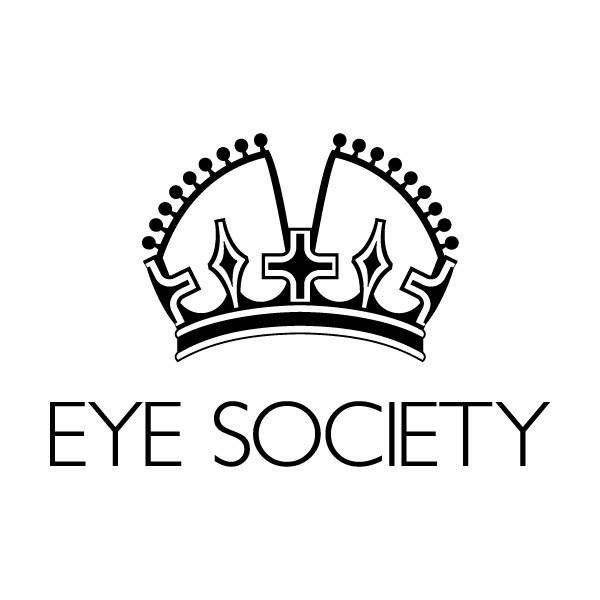

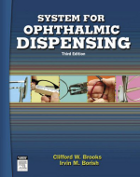
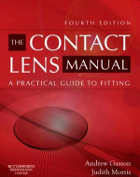
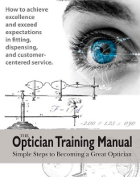

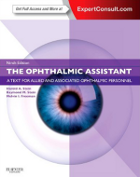
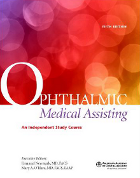
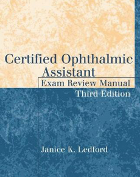
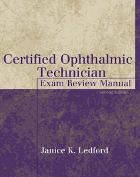
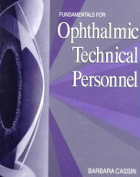
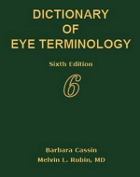
What if you know what someone that has been an optician for 18 years and doesn’t know the first thing about being an optician and it’s the worst optician you could ever imagine how do you get their license revoked and possibly imprisoned
I’m trying to find information on taking the ABO certification exam. Having a hard time finding any information on it.